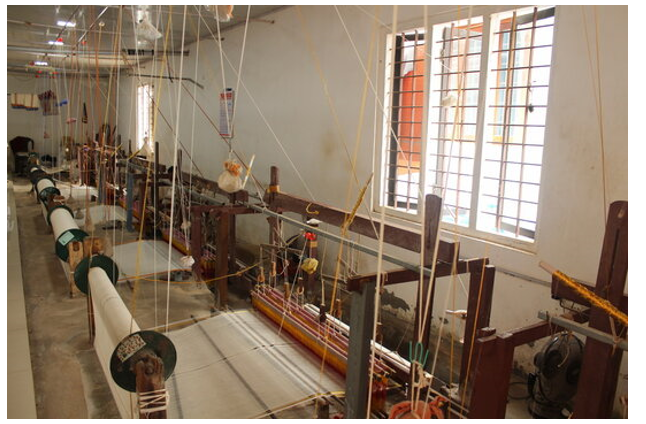INP-WealthPk
Ahmed Khan Malik
The allocation of Rs500 million for the development of the small and medium enterprises (SMEs) sector in the budget of the Sindh province has been termed "too little" for boosting this critical segment of the economy.

The Sindh government allocated Rs500 million for the development and promotion of SMEs and cottage industry in both the rural and urban parts of the province. "This budget allocation is peanuts compared to the needs of the sector and would contribute nothing to its development," Marghoob Siddiqui, Secretary General Hyderabad SMEs Association, said while talking to WealthPK. He said the SME sector in the province was facing numerous issues, impeding its growth for job creation and higher contribution to gross domestic product. He noted that the main problems hindering the performance of SMEs included insufficient sources of getting external knowledge, lack of innovation activities, unfavourable government policies, lack of intellectual resources and insufficient institutional support. SMEs play a significant role in the economic growth of a country as they are considered the primary sources of employment creation, income generation and poverty alleviation.
In Pakistan, 80% of the non-agricultural labour is employed in the SME sector. Moreover, the sector represents 90% of all private businesses, contributes 40% to the country's GDP and directly accounts for 25% of the manufacturing exports, according to a report of the Small and Medium Enterprises Development Authority (Smeda). In Sindh, Marghoob said that the SME sector had long been grappling with multiple problems, thus failing to harness its full potential. "Resultantly, the contribution of SMEs to the economic development of the country is suboptimal, which is a consequence of multiple factors: financial constraints, high tax rates, labour laws, lack of skilled workforce, limited regulatory support and outdated technology." Nadeem Hussain, an expert in the SMEs Wing of the Industries Department, said that lack of access to equity and financing had been recognised as the foremost impediment to SME growth and development.
"SME sector remains largely undocumented. Majority of the firms do not maintain financial records that can be used by the financial institutions to evaluate their creditworthiness." "Lack of precise and reliable information by SMEs makes them unworthy of credit by financial institutions, which are risk-averse and happy to lend to state at risk-free rates. Banks make the lending both process and paper-heavy and build in the higher risk premium, which makes the financing expensive," he explained. About the concerns of the sector about the low allocations in the budget, Nadeem said the allocations might be increased once the development of this sector started on modern lines. He said that the provincial government had been making allocations on practical lines as the funds were usually allocated in the budget but remained unutilised and lapsed at the end of the financial year. "The allocation of Rs500 million for SMEs is sufficient right now as more funding would be given if this money is utilised in time," he assured.
Credit: INP-WealthPk













